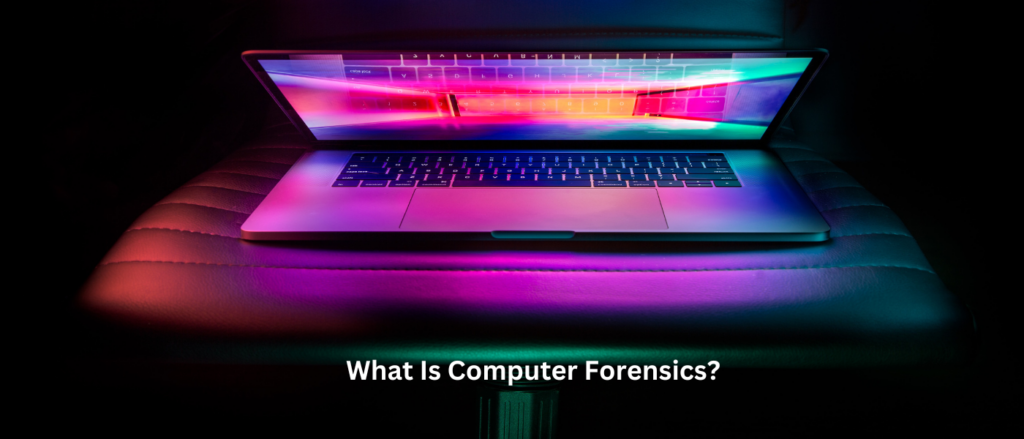Data protection is a crucial aspect of running a successful business in the digital age. Businesses that handle personal data of customers, employees, suppliers, or partners must comply with the data protection regulations, such as the UK General Data Protection Regulation (UK GDPR) and the Data Protection Act 2018. These regulations aim to protect the rights and privacy of individuals and ensure that their data is used fairly, lawfully, and transparently.
However, complying with data protection regulations is not only a legal obligation, but also a competitive advantage. Businesses that demonstrate their commitment to data protection can enhance their reputation, increase customer trust, and attract new opportunities. Moreover, businesses that protect their data can reduce the risk of cyber attacks, which can cause significant financial and reputational damage, as well as legal penalties. In this article we explore how Cyber Essentials can help you comply with Data Protection Regulations.
Improving your Data Protection Strategy
One of the ways that businesses can improve their data protection and cyber security is by obtaining the Cyber Essentials certification. Cyber Essentials is a government-backed, industry-supported scheme that helps organisations of any size and sector to protect themselves against common online threats. Cyber Essentials covers five key technical controls that can prevent around 80% of cyber attacks:
- Secure your internet connection
- Secure your devices and software
- Control access to your data and services
- Protect from viruses and other malware
- Keep your devices and software up to date
By implementing these controls, businesses can ensure that their data is stored and processed securely, and that they have the necessary measures to prevent unauthorised access, loss, destruction, or damage. Cyber Essentials also helps businesses to comply with the data protection principles, such as ensuring that the data is used for specified, explicit purposes, and that it is handled in a way that ensures appropriate security.
To obtain the Cyber Essentials certification, businesses need to complete a self-assessment questionnaire and submit it to an accredited certification body. The questionnaire covers the five technical controls and requires evidence of their implementation. The certification body will then verify the answers and issue the certificate. The certification is valid for one year and needs to be renewed annually.
There are two levels of certification: Cyber Essentials and Cyber Essentials Plus. The difference between them is that Cyber Essentials Plus requires a hands-on technical verification by an independent assessor, who will test the organisation’s systems and devices to ensure that they meet the standards. Cyber Essentials Plus provides a higher level of assurance and may be required for some government contracts or industry sectors.
The benefits of obtaining the Cyber Essentials certification are manifold. Here are some of them:
- Reassure your customers and stakeholders that you take data protection and cyber security seriously and that you have the necessary safeguards in place to protect their data.
- Gain a competitive edge and differentiate yourself from your competitors who may not have the certification or the same level of security.
- Increase your chances of winning new business opportunities, especially in the public sector, where Cyber Essentials is a mandatory requirement for some contracts involving the handling of sensitive or personal information.
- Reduce the risk and impact of cyber attacks, which can cost you money, time, and reputation, as well as expose you to legal liabilities and fines.
- Improve your overall cyber security posture and awareness, and adopt best practices that can help you to prevent, detect, and respond to cyber incidents.
How Cyber Essentials relates to GDPR
Cyber Essentials is a good start, but it is not enough to comply with the GDPR. The GDPR is a comprehensive regulation that covers not only the technical aspects of data protection, but also the organisational, legal, and ethical aspects. The GDPR requires businesses to:
- Identify the lawful basis for processing personal data and inform the data subjects about it.
- Respect the rights of the data subjects, such as the right to access, rectify, erase, restrict, object, and port their data.
- Implement data protection by design and by default, and conduct data protection impact assessments when necessary.
- Establish clear policies and procedures for data protection and data breach management.
- Appoint a data protection officer (DPO) if required, and cooperate with the supervisory authorities.
- Ensure that any data processors or third parties that handle personal data on their behalf also comply with the GDPR.
Cyber Essentials helps businesses to meet some of the technical requirements of the GDPR, such as ensuring the confidentiality, integrity, and availability of personal data. However, Cyber Essentials does not cover the privacy aspects of the GDPR, such as the data protection principles and the data subject rights. Therefore, businesses need to implement additional measures to comply with the GDPR, such as:
- Conducting a data protection audit to identify the types, sources, purposes, and recipients of personal data they process, and the risks and gaps in their current practices.
- Updating their privacy policies and notices to inform the data subjects about their data processing activities, their rights, and how to exercise them.
- Obtaining valid consent from the data subjects when required, and providing them with easy ways to withdraw their consent.
- Implementing measures to pseudonymise or anonymise personal data when possible, and to minimise the amount and retention of personal data.
- Providing data subjects with access to their personal data, and allowing them to correct, erase, or transfer their data as requested.
- Reporting any data breaches to the relevant authorities and the affected data subjects within 72 hours, and taking steps to mitigate the consequences.
- Training their staff on data protection and cyber security, and raising awareness among their customers and partners.
In Summary
By combining Cyber Essentials with GDPR compliance, businesses can achieve a high level of data protection and cyber security. They can also benefit from the trust and confidence of their customers and stakeholders. Cyber Essentials can also serve as a baseline for achieving other standards, such as ISO 27001 or IASME Cyber Assurance, which provide more comprehensive and robust frameworks for information security management.
If you are interested in getting certified, you can find out more and apply for your Cyber Essentials certificate here.
To learn more about the GDPR and how to comply with it, you can visit the ICO website, which provides a wealth of resources and guidance for organisations of all sizes and sectors. You can also check out the Advisera website, which offers a free online course on the GDPR foundations, as well as other useful articles and tools.





